Heat pump needing natural gas backup?
rumiat
12 years ago
Related Stories
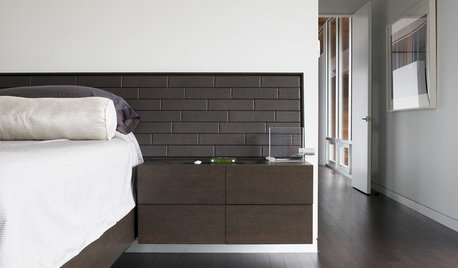
FLOORSFloors Warm Up to Radiant Heat
Toasty toes and money saved are just two benefits of radiant heat under your concrete, wood or tile floors
Full Story
REMODELING GUIDESClean-Burning Woodstoves Ignite a Greener Heating Trend
No need to rely on oil or gas to heat your home — new woodstove designs burn cleanly and are beautiful to boot
Full Story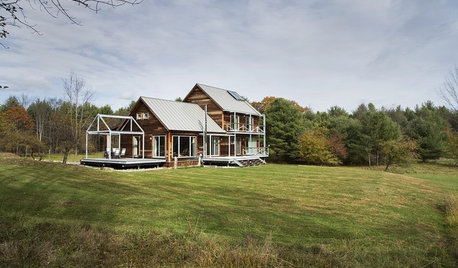
GREEN BUILDINGHouzz Tour: Passive House in Vermont Slashes Heating Bills
Its ecofriendly, low-maintenance design leaves a family with more time to relax and enjoy the weekend home
Full Story
FLOORSIs Radiant Heating or Cooling Right for You?
Questions to ask before you go for one of these temperature systems in your floors or walls (yes, walls)
Full Story
FLOORSWhat to Ask When Considering Heated Floors
These questions can help you decide if radiant floor heating is right for you — and what your options are
Full Story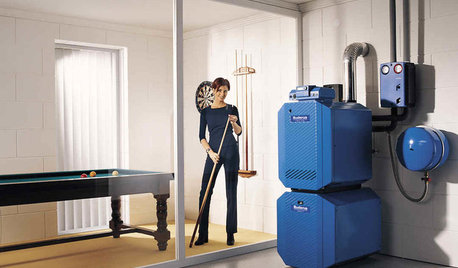
HOUSEKEEPING5 Steps to Improve Your Heating System Now
Increase your heater's efficiency and safety for lower energy bills and greater peace of mind this winter
Full Story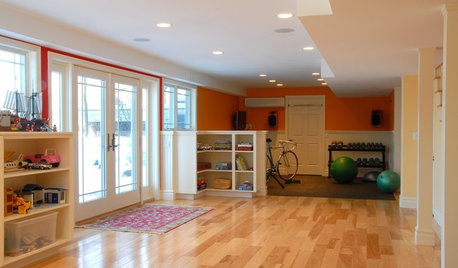
MORE ROOMS12 Colors to Pump Up Your Home Gym
Peeling gray walls not inspiring your workouts? Exercise your right to a motivating space with these stylish paint picks
Full Story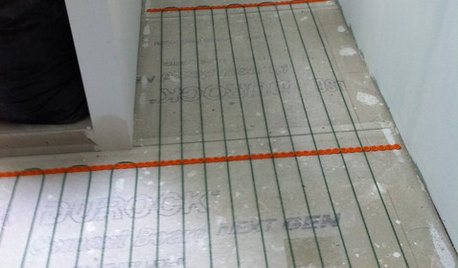
BATHROOM DESIGNWarm Up Your Bathroom With Heated Floors
If your bathroom floor is leaving you cold, try warming up to an electric heating system
Full Story
GREAT HOME PROJECTSHow to Add a Radiant Heat System
Enjoy comfy, consistent temperatures and maybe even energy savings with hydronic heating and cooling
Full Story
GREEN BUILDINGInsulation Basics: Heat, R-Value and the Building Envelope
Learn how heat moves through a home and the materials that can stop it, to make sure your insulation is as effective as you think
Full Story






harlemhvacguy
david_cary
Related Professionals
Frankfort Solar Energy Systems · Rockledge Solar Energy Systems · Tarpon Springs Solar Energy Systems · Easton Solar Energy Systems · Birmingham Home Automation & Home Media · Herndon Home Automation & Home Media · Lincolnwood Home Automation & Home Media · San Jose Home Automation & Home Media · Skokie Home Automation & Home Media · Town 'n' Country Home Automation & Home Media · Beaufort Fireplaces · Ogden Fireplaces · Saint Charles Fireplaces · South Jordan Fireplaces · Winthrop Fireplacestigerdunes
harlemhvacguy
neohioheatpump
ionized_gw
SaltiDawg
tigerdunes
SaltiDawg
david_cary
bus_driver
SaltiDawg
ionized_gw
david_cary
bus_driver
SaltiDawg
ionized_gw